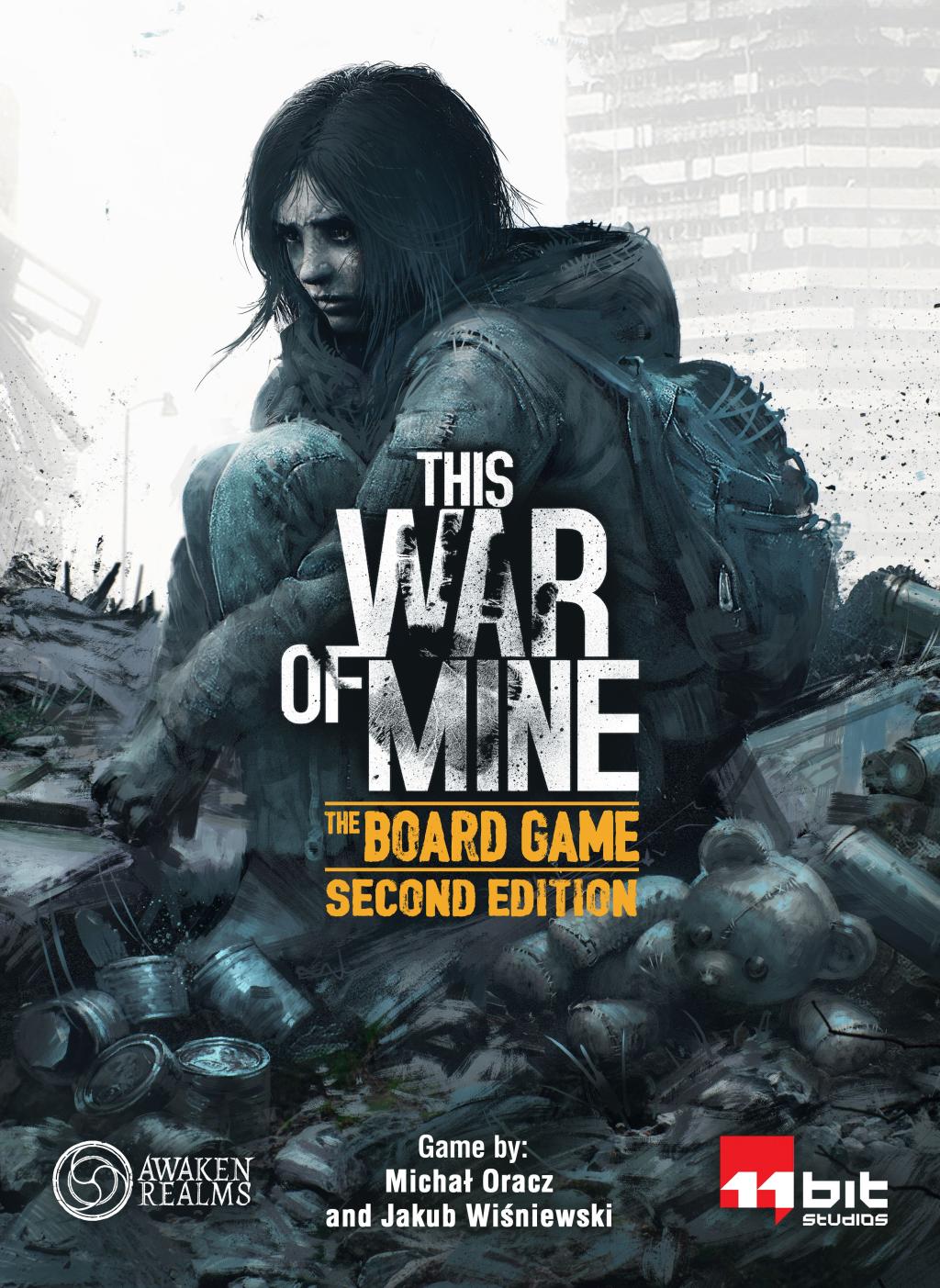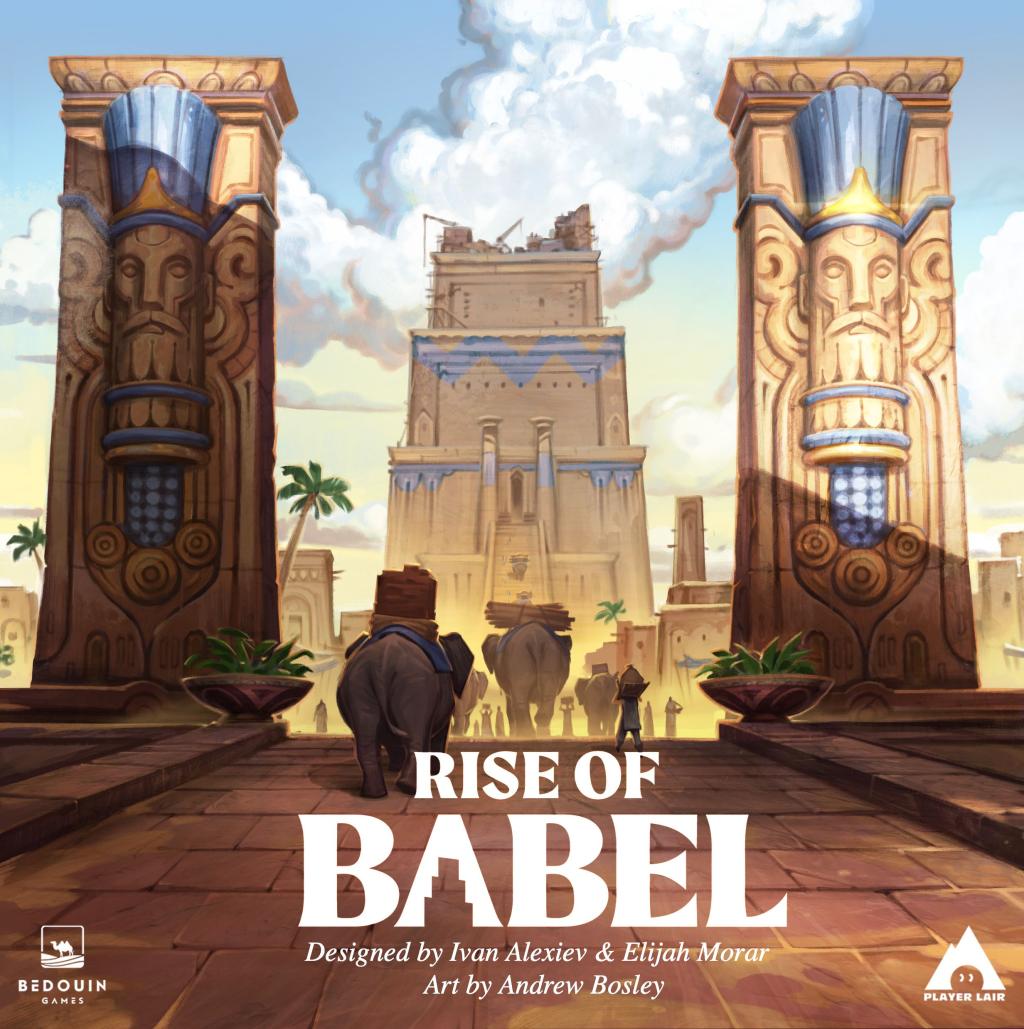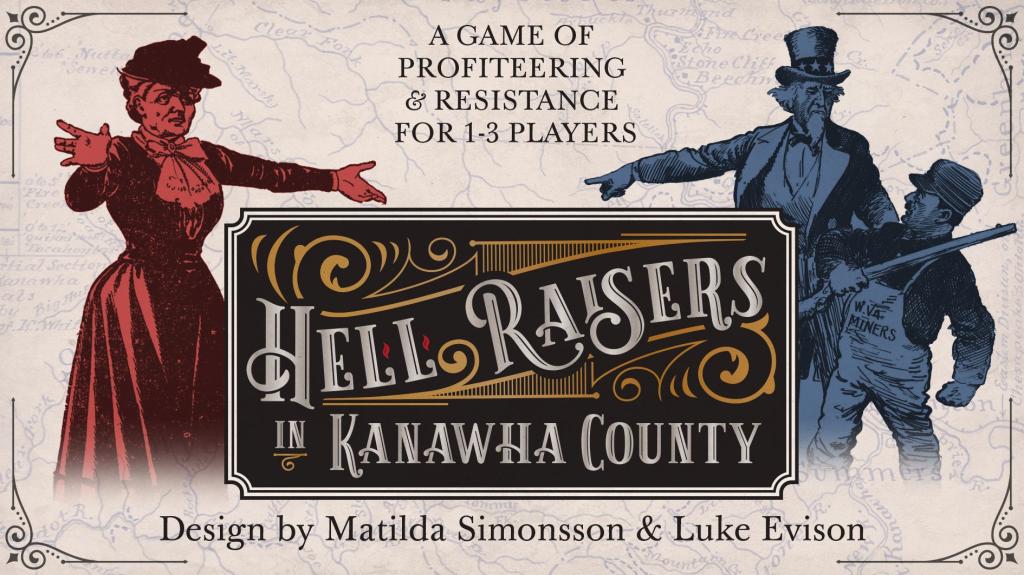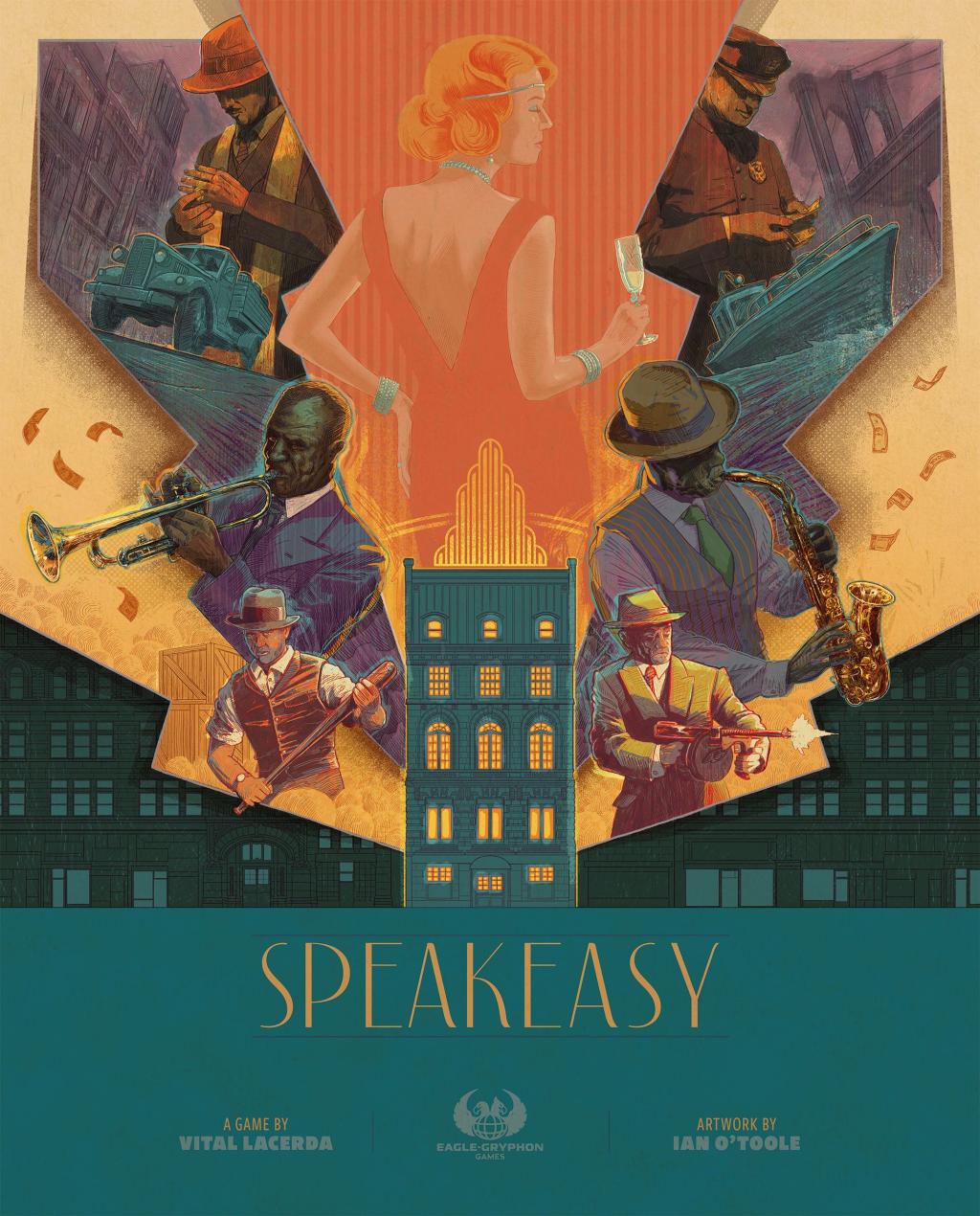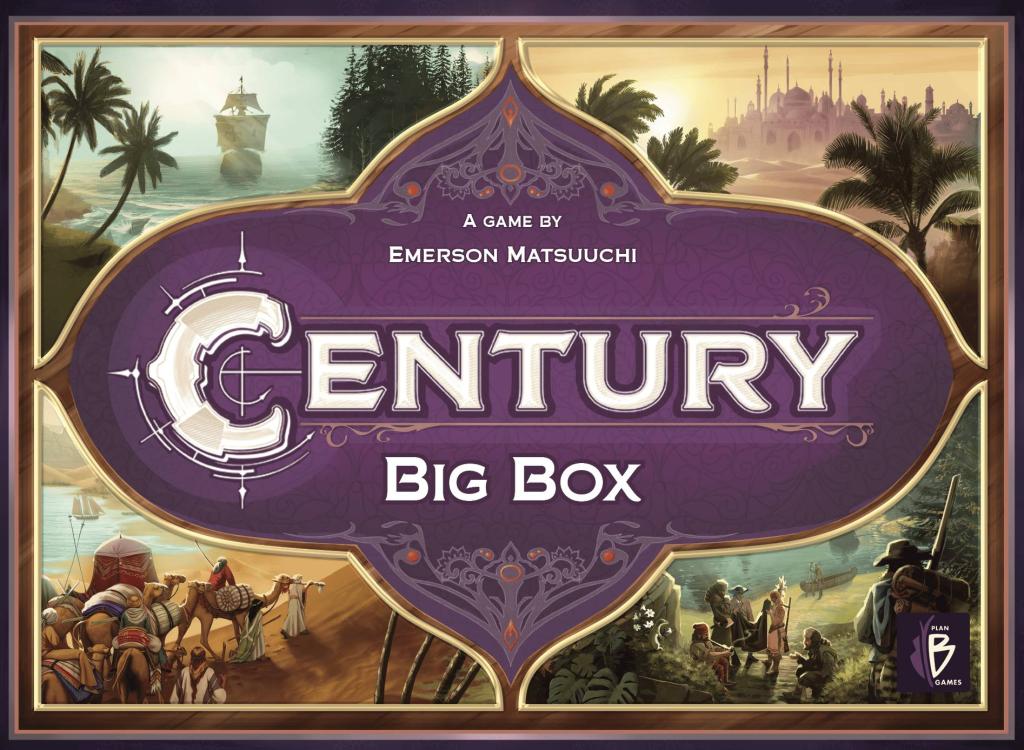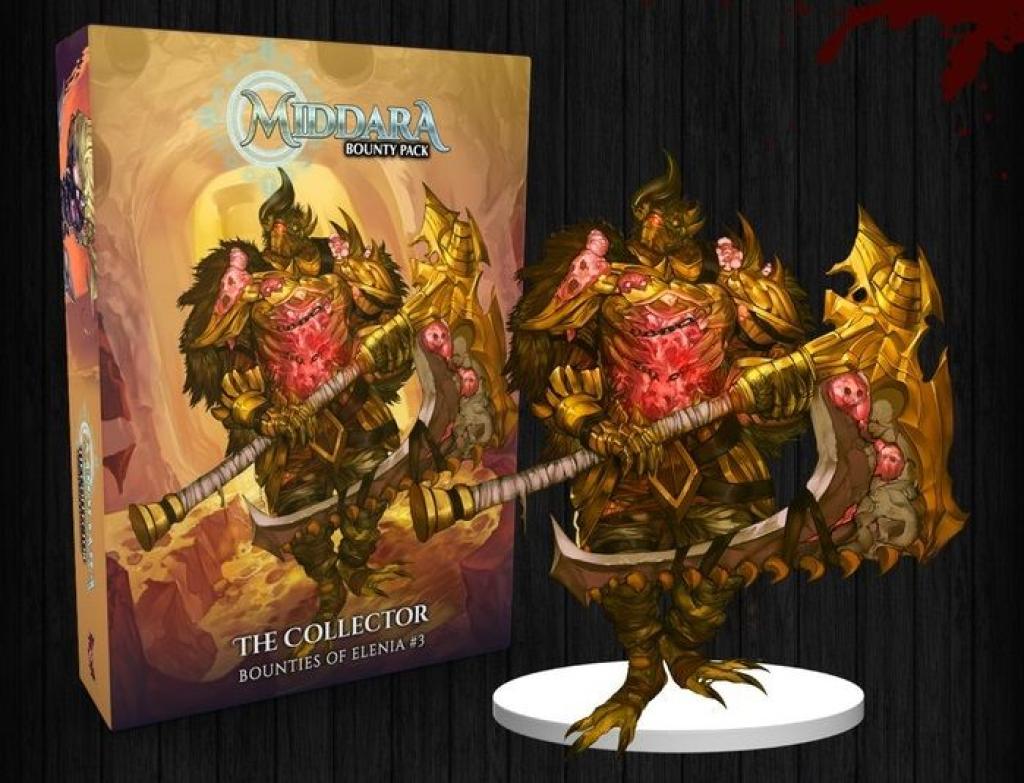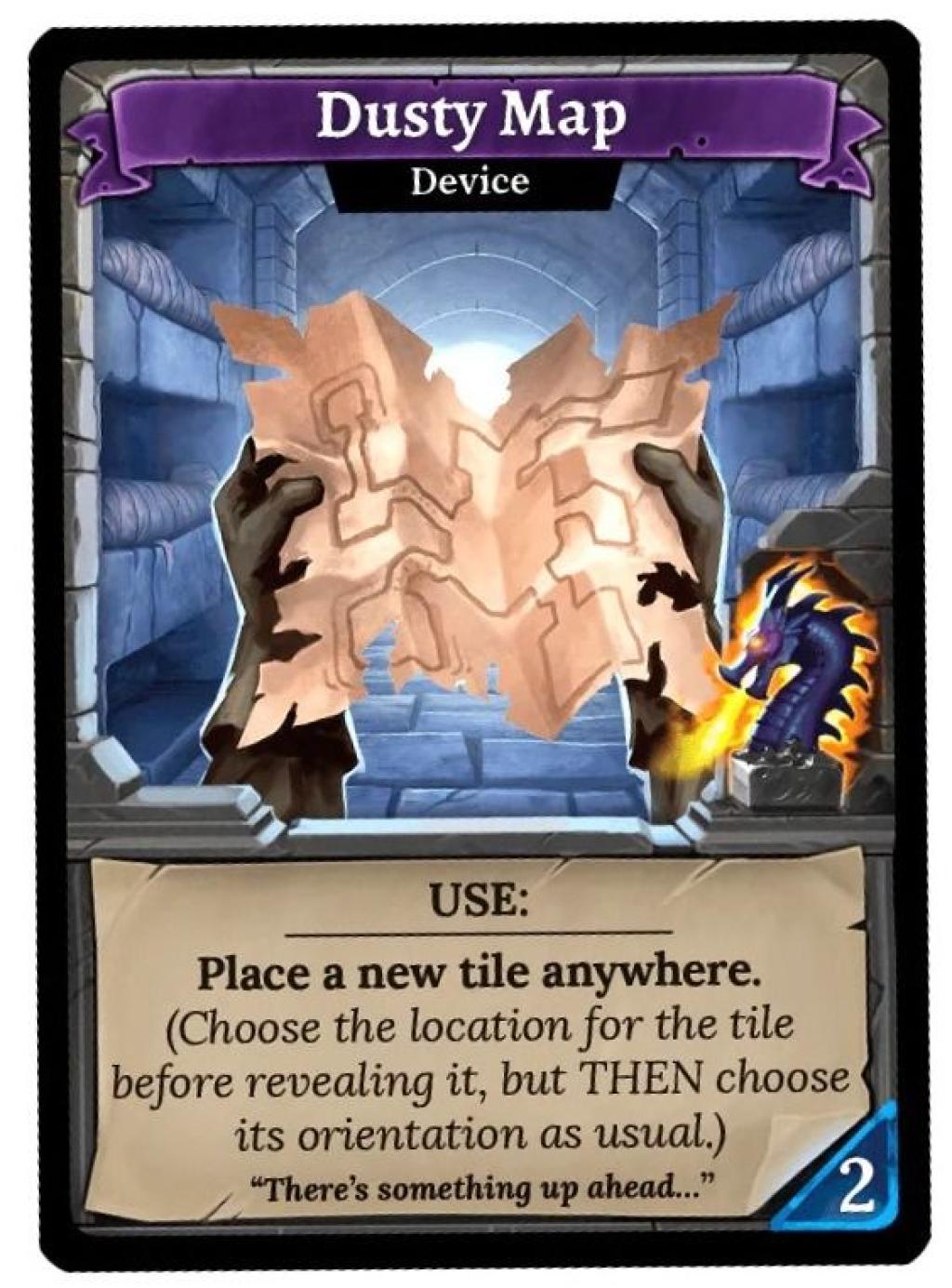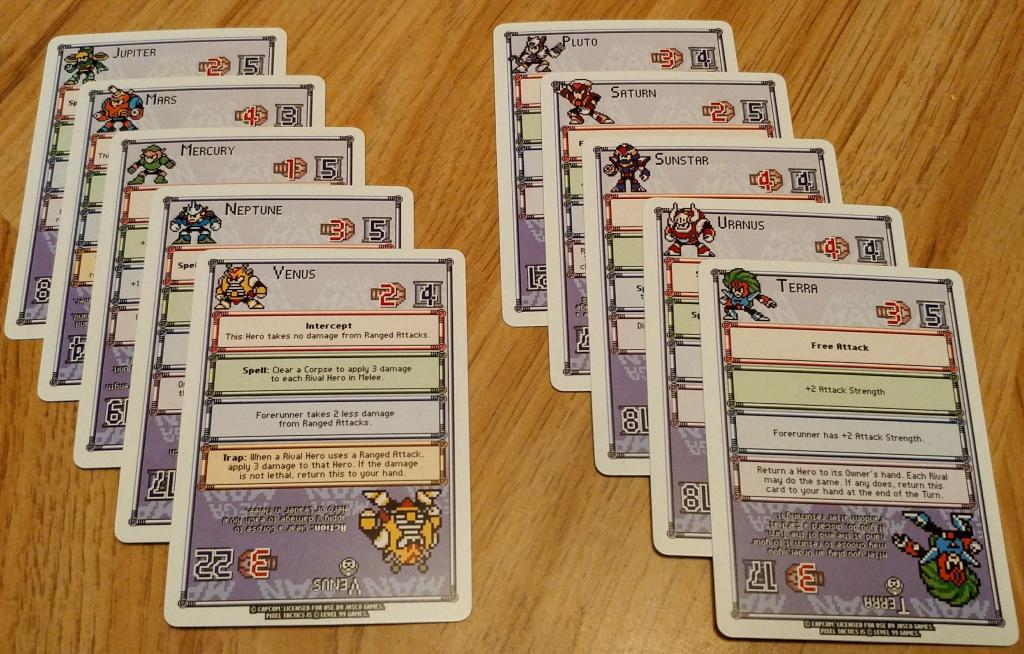Corduba 27 a.C. desková hra
Deskovky.org / Hra / Corduba 27 a.C.
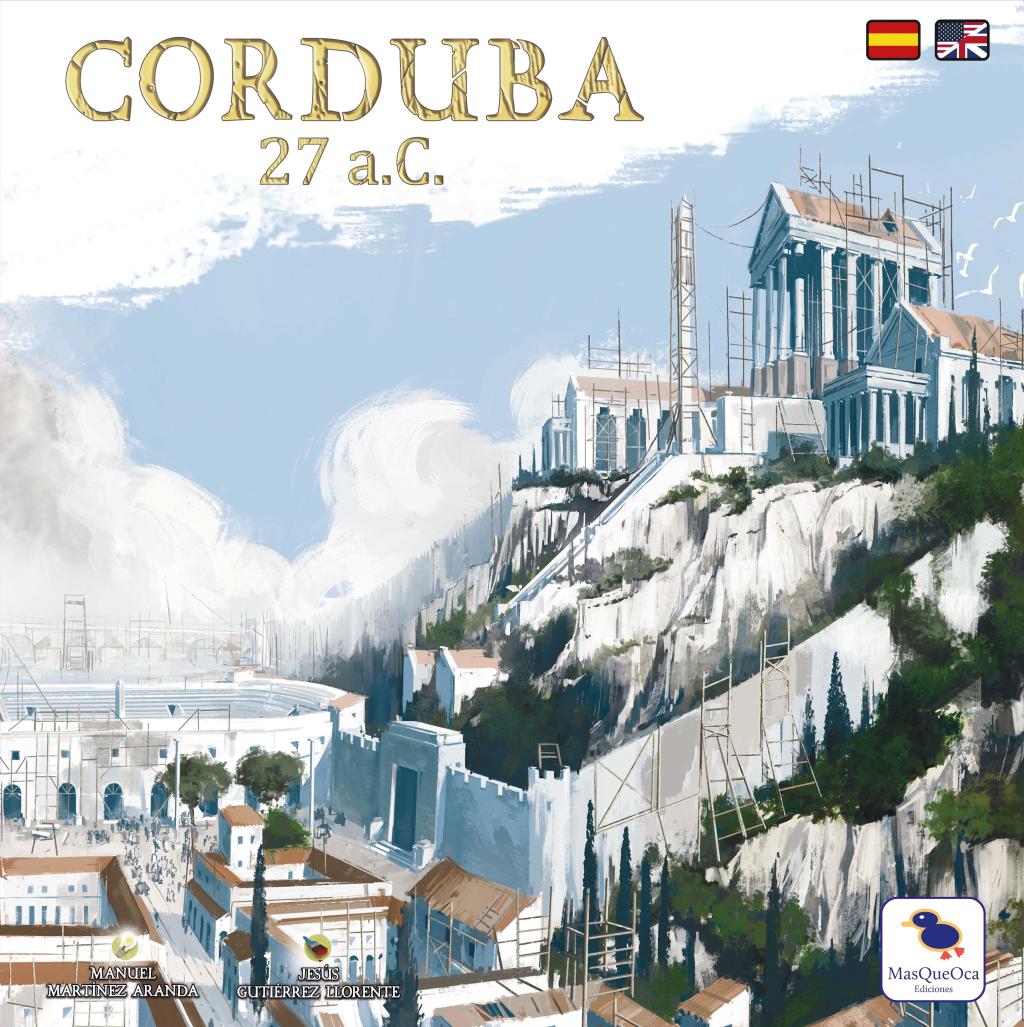
Původní název hry
Corduba 27 a.C.
Board Game Geek score
Corduba 27 a.C.
Hodnocení hry na BoardGameGeek.com na základě 265 recenzí uživatelů.
Vydavatel hry
Týdenní návštěvnost hry
+ Do srovnávače
Corduba 27 a.C.
Kategorie
Mechanika hry
Originální popis hry
Píše se rok 45 př. n. l. Julius Caesar svolává všechny představitele provincií Hispania Ulterior na setkání do Kordury, kde jim děkuje za podporu, které se jim dostalo během nedávné občanské války. Boj mezi Caesarem a Pompeiem skončil jasným vítězem, ale ne všichni římští občané stáli zcela za Caesarem. O rok později je krutý místodržící a Caesarova pravá ruka’málem zavražděn, když se chystá do baziliky. Tento čin se ukázal být předzvěstí toho, co se stane o pouhé dva roky později. Cneo a Sexto, synové Caesarových nepřátel, využili vlivu, který Pompeiovo jméno stále neslo, a vydělali na bohatých zdrojích římské provincie, a ovládli celou Hispánii včetně kolonií Italica a Corduba. Tito dva zrádci dali nějakým způsobem dohromady armádu čítající ne méně než 13 legií, složenou z veteránů věrných Pompeiovi a zbytků jeho poražených vojsk v Africe spolu s občany Hispánie. Caesar se okamžitě vydal do hlavního města Hispánie s úmyslem potlačit povstání, dokud bylo ještě v plenkách. Po prohrané bitvě s Cneem o ovládnutí mostu byl Caesar nucen přezimovat v Ategua, a protože bylo nutné živit jeho síly, následně drancoval okolí. Mnoho bylo těch, kteří se přidali k povstání vedenému Pompeiovými’syny, ale nakonec jich nebylo dost. Caesar, který byl po bitvě u Mundy nucen uchýlit se do města, oblehl Cneo a Sexto. Později po odvážném útoku na hradby město ovládne. Sextovi se podaří uniknout Caesarovu hněvu, ale jeho bratr Cneo umírá spolu s dalšími 22 000 obyvateli Corduby. Jako trest za podporu vzpoury a poskytnutí útočiště jejím podněcovatelům zůstávají z města doutnající ruiny. Z popela však povstane nové město… Nyní se píše rok 27 př. n. l., tedy téměř o dvě desetiletí později, a Augustus, první císař, posílá do Korduby zástupce nejvlivnějších římských rodů, aby pozvedli její zašlou slávu. Aby toho dosáhli, bude nutné město přestavět a postarat se o jeho obyvatele. To vše samozřejmě pod bedlivým dohledem Říma. Hráči, kteří představují dědice různých patricijských rodů vyslaných z Říma, budou soutěžit o čest stát se příštím guvernérem, ale nejprve musí získat hlasy lidu a Říma. Hra se odehrává ve třech obdobích, z nichž každé představuje jedno desetiletí. Během kola se hráči střídají v akcích, dokud se všichni nerozhodnou pro postup. Hráči pomocí akcí produkují nebo těží suroviny, staví budovy a památníky, cvičí legie a starají se o náboženské potřeby lidu. K tomu budou mít hráči k dispozici určitý počet specialistů a dělníků, který se bude zvyšovat s rostoucím počtem obyvatel města’ Je důležité si uvědomit, že Corduba není hra s pokládáním destiček, ale spíše hra s budovatelskými akcemi, která zahrnuje známé mechanismy umisťování dělníků a hospodaření se zdroji. Akce dostupné na začátku hry jsou vzácné a většinou se omezují na těžbu základních surovin za účelem výstavby budov a výcviku vojsk. S tím, jak hráči staví nové budovy, se však množství dostupných akcí zvyšuje, protože každá postavená budova poskytuje novou akci. Hráči jistě ocení obrovské množství možných strategií a kombinací, které v průběhu hry vznikají. Další silnou stránkou Corduby’je způsob, jakým se konkrétní hra vyvíjí. Hraje se celkem devět kol, rozdělených do tří dekád. Na konci každého kola budovy uvolní své dělníky, a tím se stanou dostupnými pro další kolo. To znamená, že všechny tyto budovy, které byly postupně postaveny v průběhu předchozích kol, jsou nyní volné pro všechny hráče bez ohledu na to, kdo je postavil. Jelikož je k dispozici stále větší množství akcí, násobí se i strategické možnosti. Navíc je každá akce stejně důležitá jako ta následující, což ve vás zanechává neustálý pocit, že jiný hráč předvídal váš tah a obsadil budovu, kterou jste chtěli aktivovat, nebo postavil to, co jste chtěli postavit. Přestože se pravidla od jednoho kola k druhému nemění, hráči rychle pochopí, že se hra mění, protože jejich strategie a vnímání během prvních kol se budou velmi lišit od těch pozdějších. Ve hře Corduba neexistují žádné vítězné body. Abyste vyhráli, musíte si získat přízeň obyvatel města’a samotného Říma. Stavbou budov v různých čtvrtích si tam zlepšíte reputaci. Poskytování největších armád pro římské kohorty nebo přinášení největších obětí bohům vám také pomůže získat přízeň senátu a samozřejmě také pomáhat městu plnit požadavky Říma. Na konci každého desetiletí budou mít hráči možnost doplnit senát Ale není všechno zlato, co se třpytí, a občas se občané vzbouří. Hráči se s těmito povstáními budou muset vypořádat, což však neznamená, že budou muset spolupracovat. Pokud však tento aspekt zanedbají, může dojít k pádu celého města, což má za následek velmi nežádoucí výsledek – všichni hráči prohrají!" Corduba je v dobré víře příkladem hry s téměř neomezenými strategickými možnostmi. Každá hra se odehraje jinak v závislosti na postavených budovách a památkách, kombinacích z rodů a dědictví, které hráči zvolí, požadavcích Říma, výkyvech na trhu se surovinami, dostupných Res gestae (milnících) atd. I když se pokusíte hrát podobným způsobem jako minule, nebudete mít stejný zážitek. Skutečně, žádná hra Corduby nebude stejná – při každé hře odhalíte jiné strategie a kombinace. Corduba je hra střední až vysoké obtížnosti s jednoduchými pravidly, která pochopí každý, ale bude hlubokou výzvou pro hráče i těch nejvyšších úrovní dovedností. —popis od vydavateleAutomatický překlad
The year is 45 BC. Julius Caesar brings all the leaders of the provinces of Hispania Ulterior together for a meeting in Corduba, where he thanks them for the support received during the recent civil war. The fight between Caesar and Pompey had ended with a clear victor, but not all Roman citizens were completely behind Caesar.
One year later, the cruel governor and Caesar’s right hand man is nearly assassinated as he makes his way to the Basilica. This act turned out to be the precursor to what would happen just two years later. Cneo and Sexto, sons of Caesar’s enemies, taking advantage of the influence that Pompey’s name still carried and capitalizing off the rich resources of the Roman province, took control of all of Hispania, including the colonies of Italica and Corduba. These two traitors had somehow pieced together an army of no less than 13 legions, made up of veterans loyal to Pompey and the remnants of his defeated armies in Africa, along with citizens of Hispania.
Caesar promptly travelled to the capital of Hispania with the intention of crushing the rebellion while it was still in its infancy. After losing a battle to Cneo for control of the bridge, Caesar was forced to winter in Ategua and, as it was necessary to feed his forces, he subsequently pillaged the surrounding area. Many were those who joined the rebellion led by Pompey’s sons, but in the end there weren’t enough of them. Forced to take refuge in the city after the battle of Munda, Caesar besieges Cneo and Sexto. He later takes control of the city after a daring assault on the walls. Sexto manages to escape Caesar’s wrath, but his brother Cneo dies along with another 22,000 citizens of Corduba. As punishment for supporting the rebellion and giving refuge to its instigators, the city is left a smoldering ruin. But from the ashes a new city will arise…
The year is now 27 BC, nearly two decades later, and Augustus, the first emperor, sends representatives of the most influential Roman families to Corduba in order to raise it to its former glory. To achieve this, it will be necessary to rebuild the city and cater to its inhabitants. All of this, of course, under the watchful eye of Rome.
Players, who represent the heirs of different patrician families sent from Rome, will compete for the honor of becoming the next Governor, but must first win the vote of the people, and of Rome.
The game is played out over three eras, each one representing a decade. During a round, players will take actions in turns until all decide to pass. Players use actions to produce or harvest resources, construct buildings and monuments, train legions, and tend to the religious needs of the people. To do this, players will have access to a certain number of specialists and workers that will increase as the city’s population rises.
It is important to note that Corduba is not a tile-laying game, but rather one of building actions that includes familiar worker placement and resource management mechanics.
Actions available at the beginning of the game are scarce and mostly limited to harvesting basic resources in order to construct buildings and train troops. However, as players construct new buildings, the amount of actions available increases, since each building constructed provides a new action. Players will certainly appreciate the sheer number of possible strategies and combinations that arise during the course of a game.
Another of Corduba’s strengths is how a particular game evolves. A total of nine rounds are played, grouped into three decades. At the end of each round, the buildings release their workers and therefore become available for the next round. What this means is that all these buildings, which have been constructed one by one over previous rounds, are now free to all players regardless of who built them. Also, since there is an ever-increasing amount of actions available, strategic possibilities multiply. In addition to this, every action is just as important as the next, which leaves you with the constant feeling that another player has anticipated your move and occupied a building you wanted to activate or built what you wanted to build. Even though the rules do not change from one round to the next, players will quickly realize that the game does, since their strategies and perceptions during the first few rounds will be very different from later ones.
There are no Victory Points in Corduba. In order to win, you will have to garner the favor of the city’s inhabitants and of Rome itself. Constructing buildings in the different districts will improve your reputation there. Providing the largest armies for the Roman Cohorts or giving the largest offering to the gods will also help you win favor in the Senate, as well as, of course, helping the city meet the demands of Rome. At the end of each decade, players will have the opportunity to add to the Senate.
But not all that glitters is gold, and, on occasion, the citizens will rebel. Players will have to deal with these uprisings, but this does not mean they will have to cooperate. However, if this aspect is neglected, the entire city could fall, resulting in a very undesirable outcome – all players lose!
Corduba is a bona fide example of a game with near-infinite strategic possibilities. Each game will play out differently depending on the buildings and monuments constructed, the combinations from families and inheritances that players choose, the demands of Rome, the fluctuation of the resource market, the Res gestae (milestones) available, etc. Even if you try to play in a similar way as you did the last, you will not have the same experience. Truly, no one game of Corduba will be the same – you will uncover different strategies and combinations each time you play.
Corduba is a game of medium to high difficulty with simple rules that anyone can understand, but will profoundly challenge players of even the highest skill levels.
—description from the publisher
Dostupná rozšíření hry
Fotogalerie
Žádné obrázky nebyly vloženy.
Pravidla
Žádné soubory nebyly vloženy.
Soubory
Žádné soubory nebyly vloženy. Pokud hledáte pravidla, můžou být ve vedlejší záložce ke hře.
3D Tisk
Žádné soubory pro 3D tisk nebyly vloženy.


